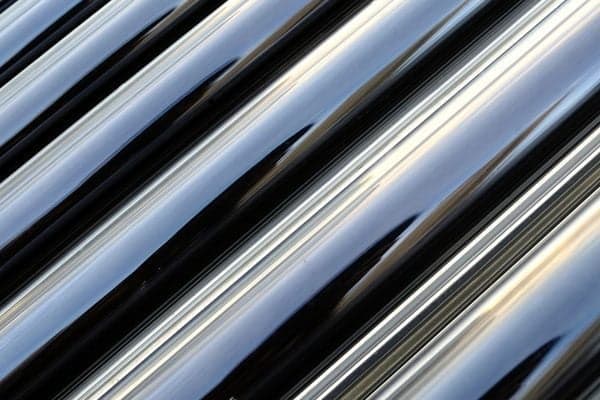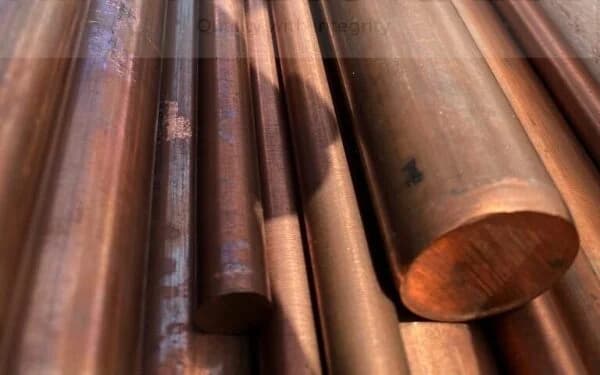Crafting Excellence in steel services
%20(1)67359377d4e59.png&w=640&q=75)



67358efdedec4.png&w=640&q=75)





+
Dealers So Far
+
Steel Exported
+
Succesfull Business

Successfull Business
OUR PROCESSING
Shaping industries: The Essence of steel processing





Learn about C18200 chromium copper alloy What it is and how it can be used. Discover all the applications it has in a wi ...
Are you looking for a reliable and accurate way to measure pieces of steel? Our Steel Weight Calculator can help you qui ...
Explore the properties of Inconel 718 and discover how this superalloy can be used in different industries from aerospac ...
17-4PH Steel is one of the most popular grades of stainless steel used in construction projects. It has excellent corros ...

Elevate Your Projects with
with
 Our Superior Steels
Our Superior Steels


Founded in 2020, Nifty Alloys is a leading supplier of specialized steel materials across the Middle East, catering to diverse industries including Oil and Gas, Aerospace, Construction, and more. With extensive expertise in steel equivalent grades and rare specifications, we ensure customers receive the highest quality products and unmatched service. As an ISO 9001:2015 certified company, Nifty Alloys guarantees reliability and precision in every order. Our commitment to total customer satisfaction, combined with our reputation for excellence, makes us the go-to partner for all your steel needs. Choose Nifty Alloys for quality, expertise, and 5-star customer support.




